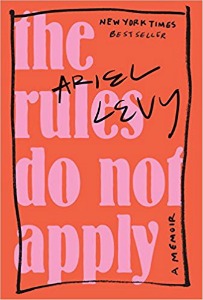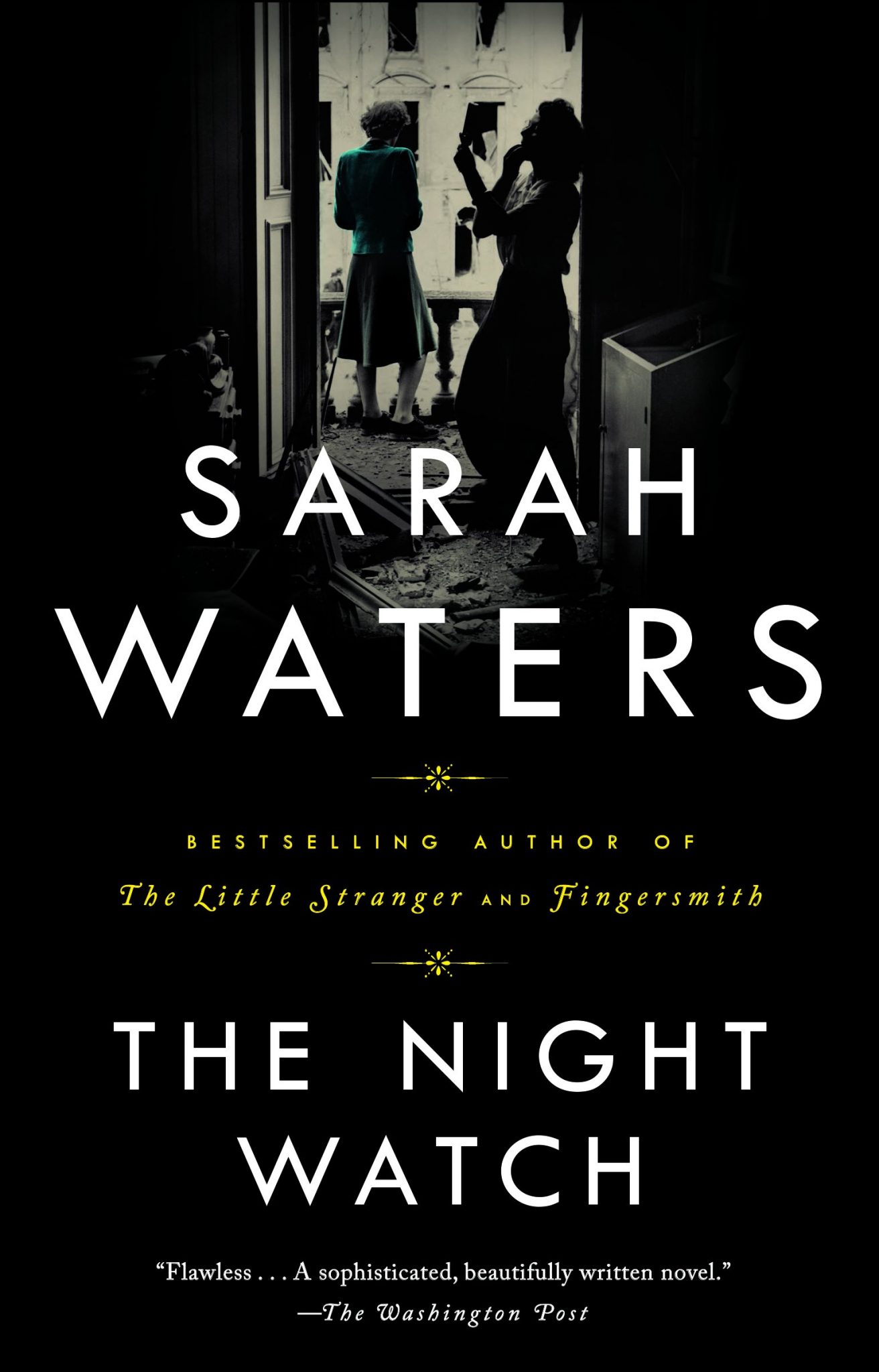I have long-standing love for Ariel Levy’s work, so I was eager to read her memoir The Rules Do Not Apply. For those who’ve read her essay “Thanksgiving in Mongolia,” about her miscarriage at 19 weeks pregnant, you have some idea what you’ll be getting in this book. Essentially, it’s a brutally sad story told gorgeously. The memoir gives context to Levy’s loss of her pregnancy, marriage, and home, all within a single month, and delves into her life before, during and after this central tragedy.
Much of the book explores Levy’s adventures as a successful writer, interviewing fascinating people all over the world, and how her work informed her ideas about gender, family, work, queerness, marriage, and a meaningful life. Alongside this is the story of Levy’s personal life, from a childhood spent witnessing her mother’s long-term affair and the dissolution of her parent’s marriage, to dating men and women as an adult. When Levy falls in love with and marries a woman before such a marriage was legally recognized, you can feel the heady excitement. Together the pair bought a home and wrestled with question when and how to become parents. Though Levy’s marriage was loving, it was complicated by Levy’s destructive affair with a creepy ex and her spouse’s increasingly serious drinking problem. Still, when they decide to have a child after many years together, she believes that they have things under control, that they’d weathered storms and gotten bad behavior out of their systems. Then the unthinkable happens and the story takes a turn Levy never expected.
Levy resists the cultural rules for women throughout her life, managing to have brilliant ambition, professional success, lust, love, adventure and a rich domestic life. But those are only a superficial rejection of the “rules” that the title references. This memoir rejects tidy lessons, platitudes, and the idea that loss is avoidable. Often in stories like Levy’s, the unstated rule is that it all works out in the end, that there’s a silver lining, or that everything happens for some ultimately rewarding cosmic reason. Levy refuses to pretty up her pain or to resolve the story neatly. Here, there is no happy ending. In fact, the book ends ambiguously, with Levy stepping out into an uncertain future.
The rawness and incredible writing draw you in, and leave you unsettled. You might want to line up something soothing after this. I was very glad I didn’t read it until after my child was born, because if I’d been pregnant or trying to get pregnant I would have been an anxious wreck reading this book. Having said that, I still highly recommend it. It’s a fascinating, honest, unique book.



